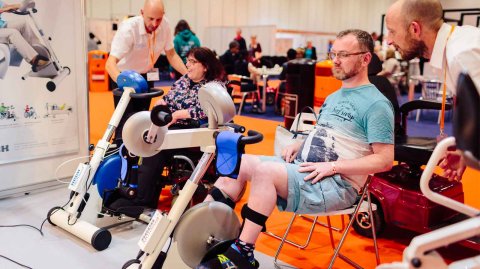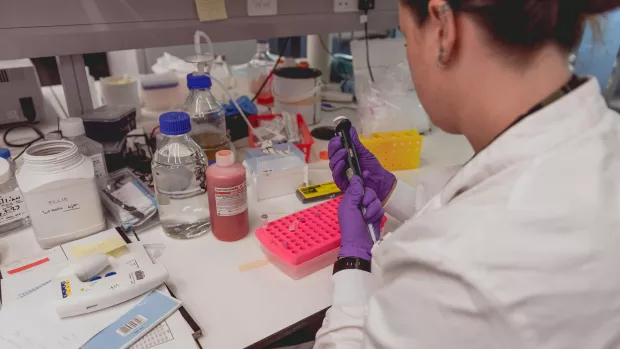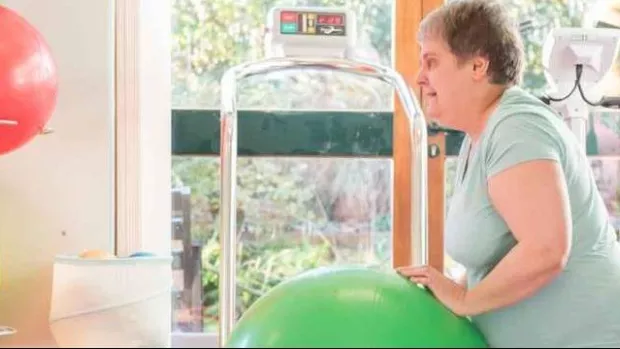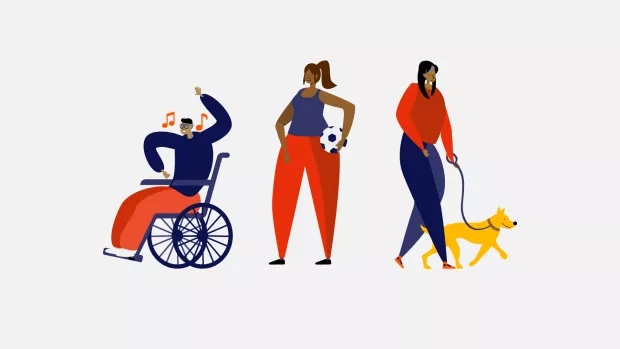Doctoral Training Centre in symptom management: physical activity for symptom and disease management in MS

- Lead researcher:
- Professor Lorna Paul
- Based at:
- Glasgow Caledonian University
- MS Society funding:
- £430,000.00. The Centre is also being supported by Ayrshire and Arran Health Board Endowment Fund, Scottish Ballet and PAL Technologies Ltd.
- Status:
- Active
In 2024, we launched two brand-new Doctoral Training Centres. The centres will investigate how we can best manage MS symptoms without the use of drugs. And they’ll provide high quality training for a group of PhD students.
The Doctoral Training Centre at Glasgow Caledonian University focuses on exercise and physical activity for people with moderate to severe MS.
Background
Fatigue and cognitive impairment, like difficulties with thinking and memory, are common symptoms in MS. Previous research has shown exercise can help with these symptoms.
But most of the existing evidence and guidelines around physical activity focus on people with mild MS. And there’s not enough evidence on how it may help people with moderate to severe MS.
About the project
The Doctoral Training Centre in Glasgow will research how exercise and physical activity can help people with moderate to severe MS to manage their MS. A total of nine PhD Fellows will investigate the following questions:
- How much physical activity should people with moderate and severe MS do to manage their symptoms?
- What’s the best time to start physical activity to manage MS symptoms and slow progression?
- How should physical activity or exercise programmes be provided for people with MS?
- What are the benefits of non-traditional ‘hidden’ forms of exercise like dance, and exercise using virtual reality?
- How can we best personalise exercise programmes for each person?
- How can we measure physical activity in people who walk slowly?
How will it help people with MS?
The overall aim of the centre is to improve our understanding of how physical activity may help people with moderate to severe MS to manage their symptoms. This could ultimately improve symptoms like fatigue, mobility and cognition, and improve quality of life.




